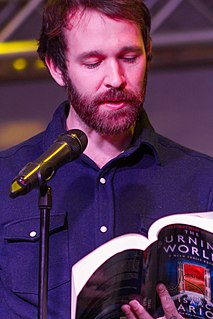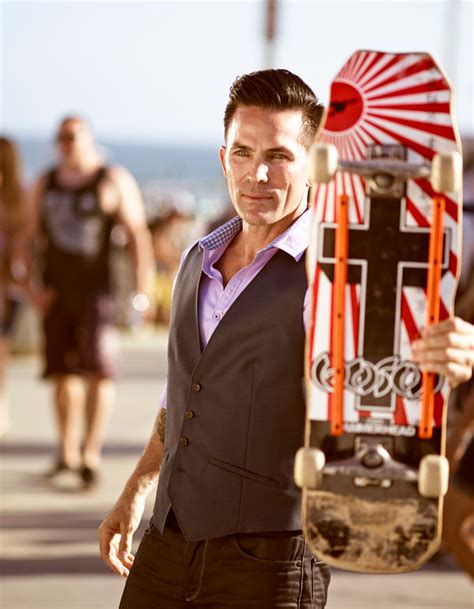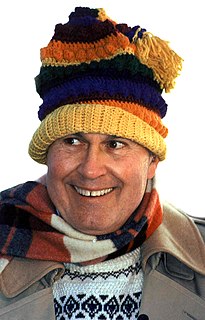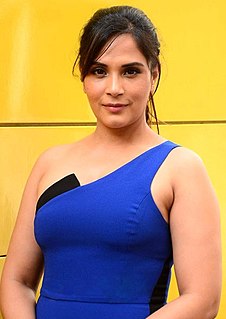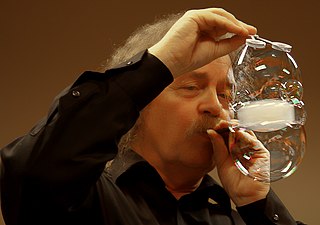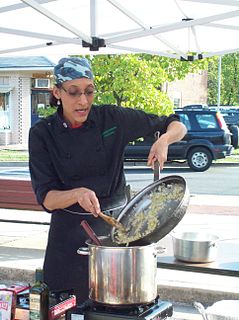A Quote by Anthony Doerr
Memory is this one attempt to not be erased by time. And I think that ties back to what I learned watching my grandmother lose her memories is, you know, we are all facing erasure eventually.
Related Quotes
Memory is strange. Scientifically, it is not a mechanical means of repeating something. I can think a thousand times about when I broke my leg at the age of ten, but it is never the same thing which comes to mind when I think about it. My memory of this event has never been, in reality, anything except the memory of my last memory of that event. This is why I use the image of a palimpsest - something written over something partially erased - that is what memory is for me. It's not a film you play back in exactly the same way. It's like theater, with characters who appear from time to time.
What happened was I began to eventually lose everything because cocaine had such a hold on me. I wouldn't show up to do things I had been hired to do - whether it was film for a video or do an ad for a magazine or something. I'd be out partying with cocaine. Eventually, I began to lose everything. So, I left California and went back to Alabama in an attempt to try to get my life together - but geographical location didn't necessarily help me because the real problem was in me.
Because computers have memories, we imagine that they must be something like our human memories, but that is simply not true. Computer memories work in a manner alien to human memories. My memory lets me recognize the faces of my friends, whereas my own computer never even recognizes me. My computer's memory stores a million phone numbers with perfect accuracy, but I have to stop and think to recall my own.
Advent's intention is to awaken the most profound and basic emotional memory within us, namely, the memory of the God who became a child. This is a healing memory; it brings hope. The purpose of the Church's year is continually to rehearse her great history of memories, to awaken the heart's memory so that it can discern the star of hope.







